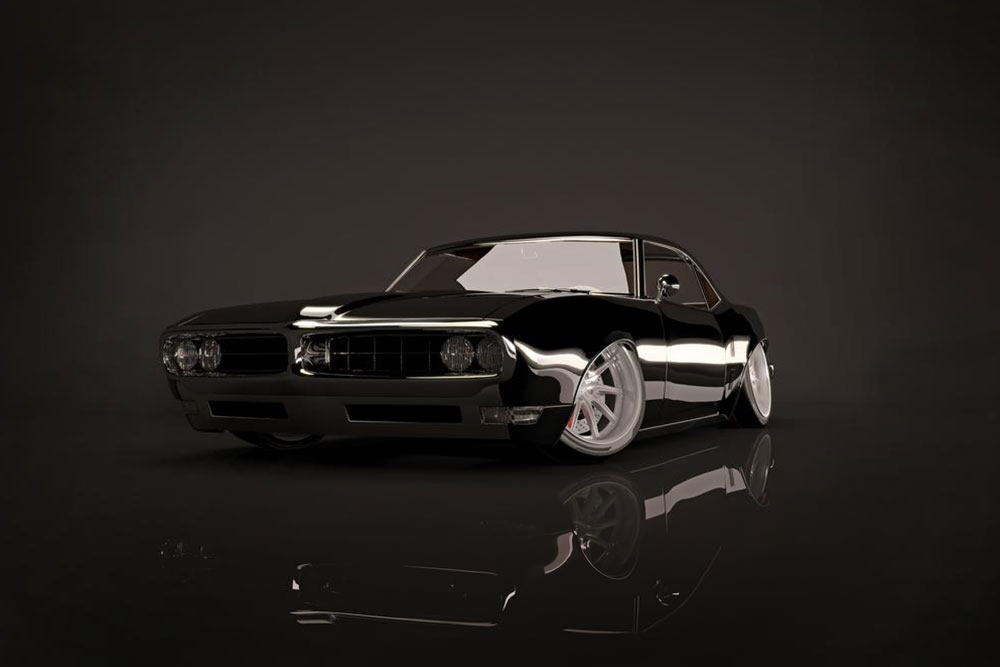4 must haves for every muscle car

A muscle car is broadly known for its beasty engine and a massive amount of horsepower that makes it stand apart from the others. The concept of a muscle car finds its origins to the 1960s in America when the car manufacturers came out with huge, high-performance engines. The muscle cars made in the 60s had rampant engines that gave these monsters demonic speed. The cars, however, have evolved over time, and the modern time has brought in many changes to the layout, feel, and power of the car. But no matter how new or old, here are four things all the best muscle cars have in common.
A V8 Engine
A muscle car is not a called so if it does not have a high-capacity V8 engine that gives the car the power it deserves. The Mustang, Camaro, and Challenger, all came out with the new V8 engines in their resurgent models. These cars not only came out with the V8 engine but also had exquisite top speeds, horsepower that was greater than 400, and at least 5000 cc of displacement.
Blazing through the quarter mile
Another essential factor when it comes to muscle cars is their performance in drag races or their time of completing a quarter mile. The car might sound like the best on paper, but if it does not prove its mettle on the road, it does not qualify as a great muscle car. The new Mustang has the capability to complete a quarter mile in under 14 seconds, which is a big jump compared to the muscle cars of the 60s.
Rear-wheel drive
A true muscle car will always have rear-wheel drive. Newer sports cars are swiftly adopting the all-wheel drive, but a muscle car runs best when it is functioning on a rear-wheel drive. The rear tires are also a lot wider and heavier than the front tires. All-wheel-drive systems might be better when it comes to performance, but the rear-wheel-drive systems bring in the style with the smoke flaring out of the tires and the wheelie popping up at the throttle. A front-wheel-drive system also makes it supremely difficult for you to make the drifts on the tight turns, an activity that goes hand-in-hand with rear-wheel drive.
Everyman vehicle
The muscle car was introduced as an everyman vehicle, which added to the appeal of a muscle car. The car, firstly, needs to have enough space in the rear seats for the owner to be able to actually use it. It was introduced as a family car, which meant that the rear seats needed with at least enough space to seat a child comfortably. Along with that, it had to come at a price that every man could afford. A Porsche or the Ferrari could have all the features but would not qualify as a muscle car as it is, quite obviously, not affordable for everyone.



